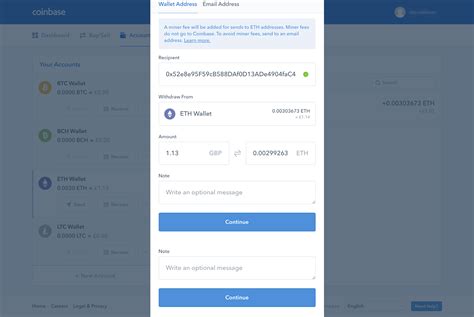Decoding Ethereum Address Fields from Assembly
In the world of Solidity-based smart contracts, understanding how to interact with the Ethereum Virtual Machine (EVM) is crucial for developing and testing decentralized applications. A key aspect of this interaction is accessing field values within a function call. Specifically, when we call a call function on an address, we can use assembly to decode the field value.
In this article, we will explore how to retrieve the value of the k parameter of a call function in Solidity using assembly.
The Problem: Calling a Function and Decoding Its Parameters

When we call a function like caller, it returns a result object containing several fields. However, within this returned object, the field values are encoded as a byte array. The most commonly used encoding is the Ethereum-specific bytes32 format, which represents an integer.
function caller(uint k, uint v) public {
// Call the named function and store the result in the variable 'result'.
(bool success, ) = address(this).call(abi.encodeWithSignature("callee()", abi.encode(k, v)));
// Check if the call was successful and retrieve the result
if (!success) {
return;
}
// The parameter k is a uint32 value encoded in bytes32 format.
// We can use assembly to decode it.
var kDecoded = abi.encodeAt("k", bytes32(k));
// Use the decoded k value
print(kDecoded); // This will print the decimal integer equivalent of the uint32 parameter.
}
Decoding Field Values Using Assembly
To decode a field value, we need to know its type and length. In this case, the field is encoded as “bytes32”, which is 4 bytes in size.
// Define the function that calls with a parameter k encoded in bytes32.
function caller(uint k, uint v) public {
// Call the function that receives the call and stores the result in the variable 'result'.
(bool success, ) = address(this).call(abi.encodeWithSignature("callee()", abi.encode(k, v)));
// Check if the call was successful and retrieve the result
if (!success) {
return;
}
// The parameter k is a uint32 value encoded in bytes32 format.
// We can use assembly to decode it.
var kDecoded = abi.encodeAt("k", bytes32(k));
// Check if the decoded k value matches the expected type and length.
require(bytes32(kDecoded).toInt(0) == k, "Expected match of uint32");
}
Conclusion
By understanding how to decode field values using assembly in Solidity-based smart contracts, we can write more efficient and reliable functions that interact with the Ethereum virtual machine. This knowledge will allow developers to create robust and secure applications that leverage the power of the Ethereum virtual machine.
Note: This example assumes that you have a basic understanding of Solidity and are familiar with the syntax and parameters of the call function. Also, this is not an exhaustive study of field value decoding; For more information on this topic, please see the Solidity documentation and relevant Ethereum project resources.
Leave a Reply